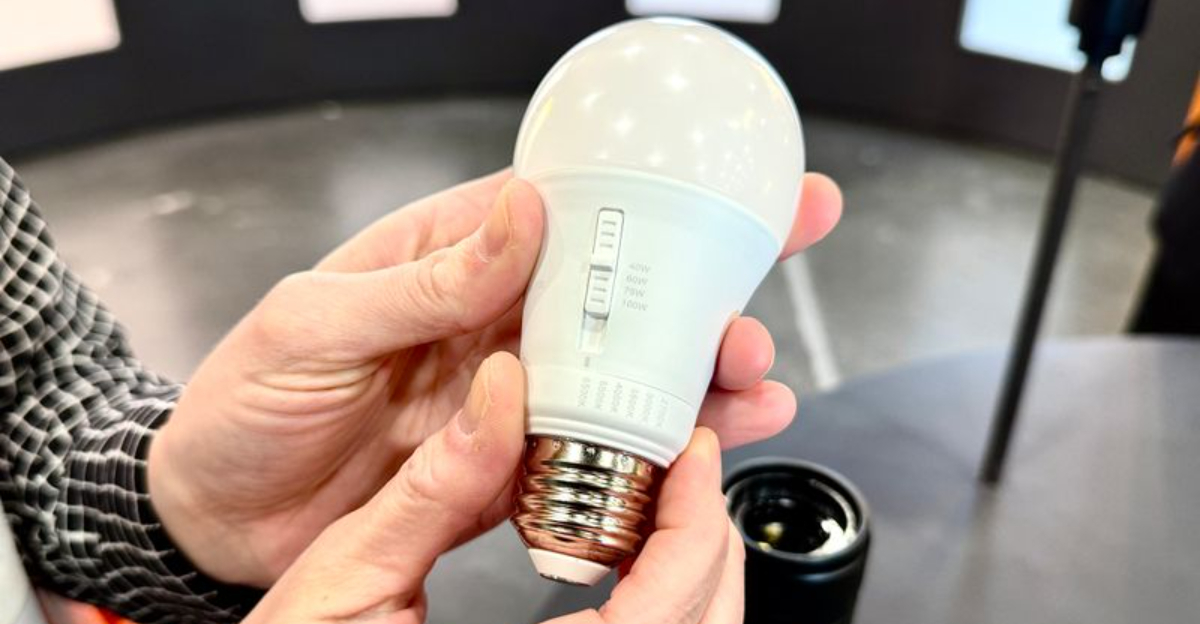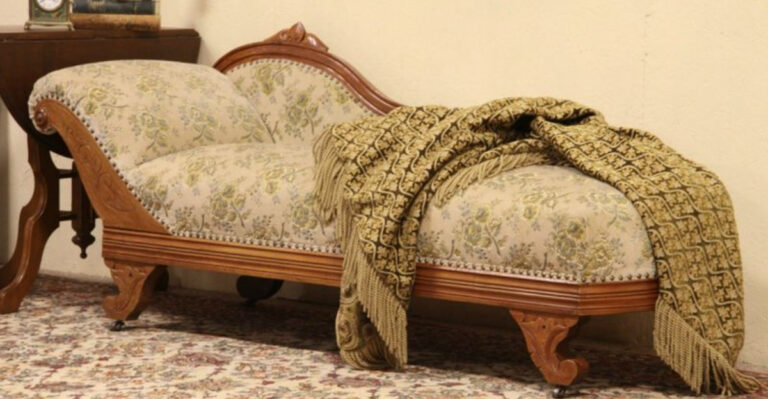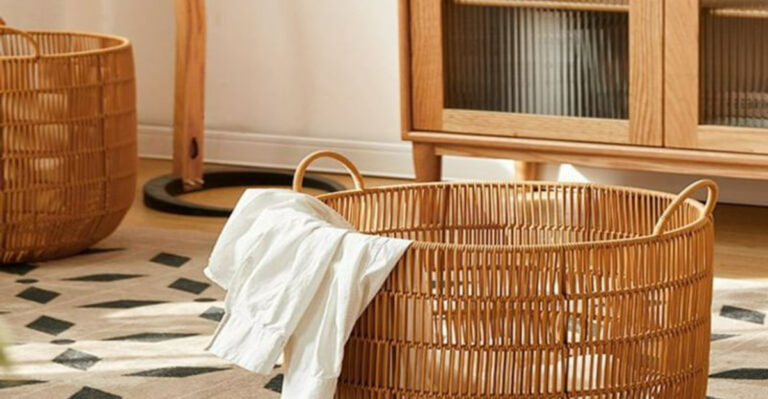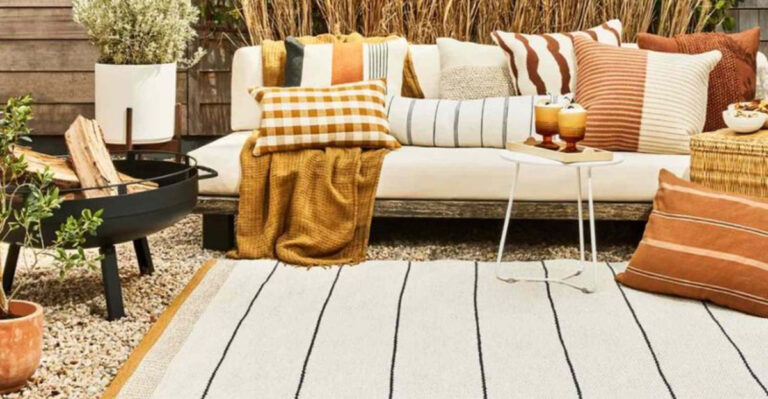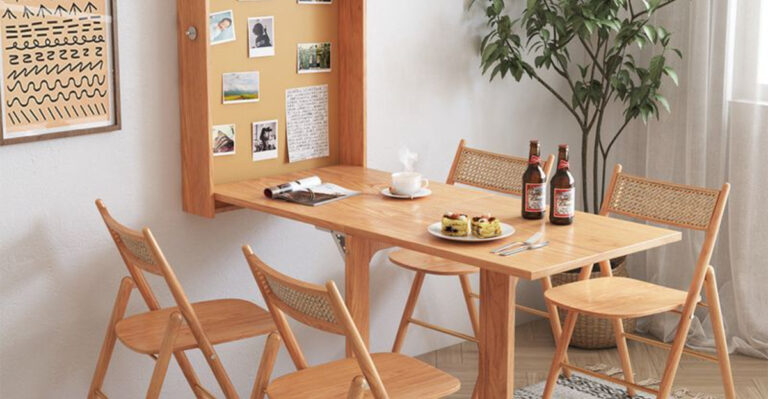20 Things You Shouldn’t Buy At The Home Improvement Store
I’ll admit it, I’ve filled my cart at the hardware store more than once, completely convinced I needed everything for my next DIY project. But here’s the truth: not everything on those shelves is worth your money.
Some items are overpriced, others fall apart too quickly, and a few can be found elsewhere for way less. If you’ve ever gotten caught up in the home improvement daydream (guilty), you’re not alone.
Before your next run to the store, take a look at this list of what’s really not worth buying, it could save you a ton of cash and frustration.
1. Plants And Flowers

Garden centers at big box stores often sell plants that have been poorly maintained or stressed during shipping. Many don’t receive proper care while sitting in the store, resulting in weakened roots and shortened lifespans.
Local nurseries typically offer healthier options with expert advice thrown in for free. Plus, nurseries usually provide plants better acclimated to your specific growing zone, increasing your chances of gardening success.
2. Cleaning Supplies

Hardware stores mark up these everyday essentials knowing you might grab them during your project shopping. The same bottle of glass cleaner could cost 20-30% more than at your local grocery or dollar store.
Stock up during sales at supermarkets or discount retailers instead. Bulk warehouse stores offer even better deals on cleaning supplies if you have the storage space. Your wallet will thank you for this simple shopping switch!
3. Lumber For Furniture Projects
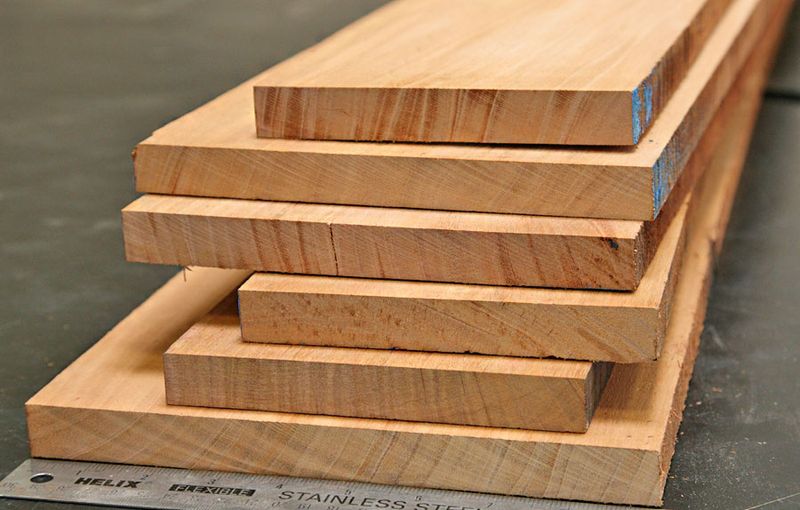
Big-box store lumber is primarily construction-grade, not furniture-grade. It’s often still wet from pressure treatment and will warp as it dries in your home, ruining your carefully crafted projects.
Seek out a proper lumber yard or hardwood supplier for quality wood. These specialists offer properly dried, straighter boards with fewer knots and imperfections. They’ll even help select pieces that match your specific woodworking needs.
4. Bathroom Fixtures

Those shiny faucets and shower heads might look identical to designer brands, but often contain plastic parts inside metal-plated exteriors. These cheaper components fail faster, leading to leaks and replacements within a year or two.
Plumbing supply stores offer professional-grade fixtures with solid brass components and better warranties. Online specialty retailers also provide wider selections at competitive prices. Quality fixtures cost more upfront but save money over time.
5. Extension Cords

Bargain bin extension cords from hardware stores often use thinner wire that can’t safely handle power loads. This creates fire hazards, especially for tools and appliances that draw significant electricity.
Electrical supply stores sell properly rated cords that professionals trust. Look for appropriate gauge ratings based on your intended use. Remember, cheaper isn’t better when electrical safety is concerned!
6. Moving Boxes

Hardware stores charge premium prices for cardboard boxes that you can often get for free elsewhere. A single medium-sized moving box might cost $3-4, adding up quickly during a move.
Check with local grocery stores, liquor shops, or bookstores for free boxes. Online marketplace listings frequently offer free moving boxes from recent movers. Social media neighborhood groups are another great resource for scoring free packing materials.
7. Basic Hand Tools
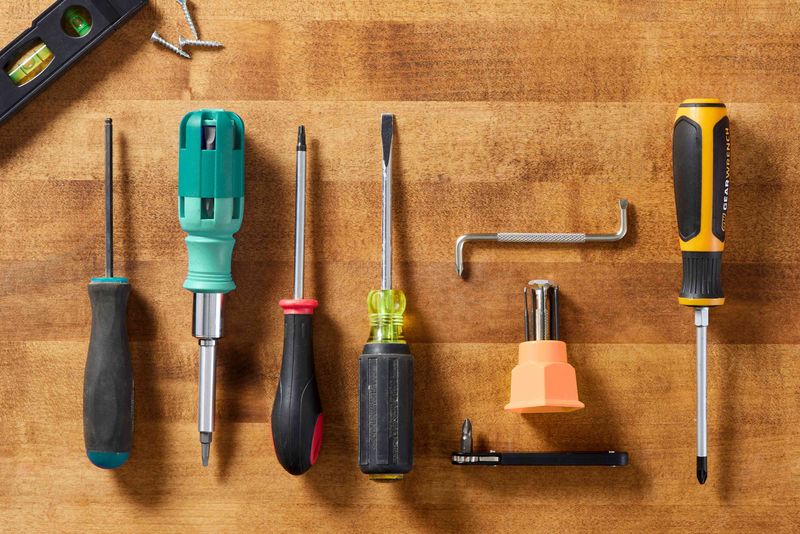
The colorful, attractively packaged hammers and screwdrivers at big box stores often sacrifice quality for appearance. These tools frequently have uncomfortable grips, poor balance, and metal that bends or chips with regular use.
Professional tool brands available at dedicated tool shops provide better durability. Alternatively, check estate sales or online marketplaces for vintage tools from eras when quality mattered more than packaging. Good tools should last decades, not months.
8. Cabinet Hardware
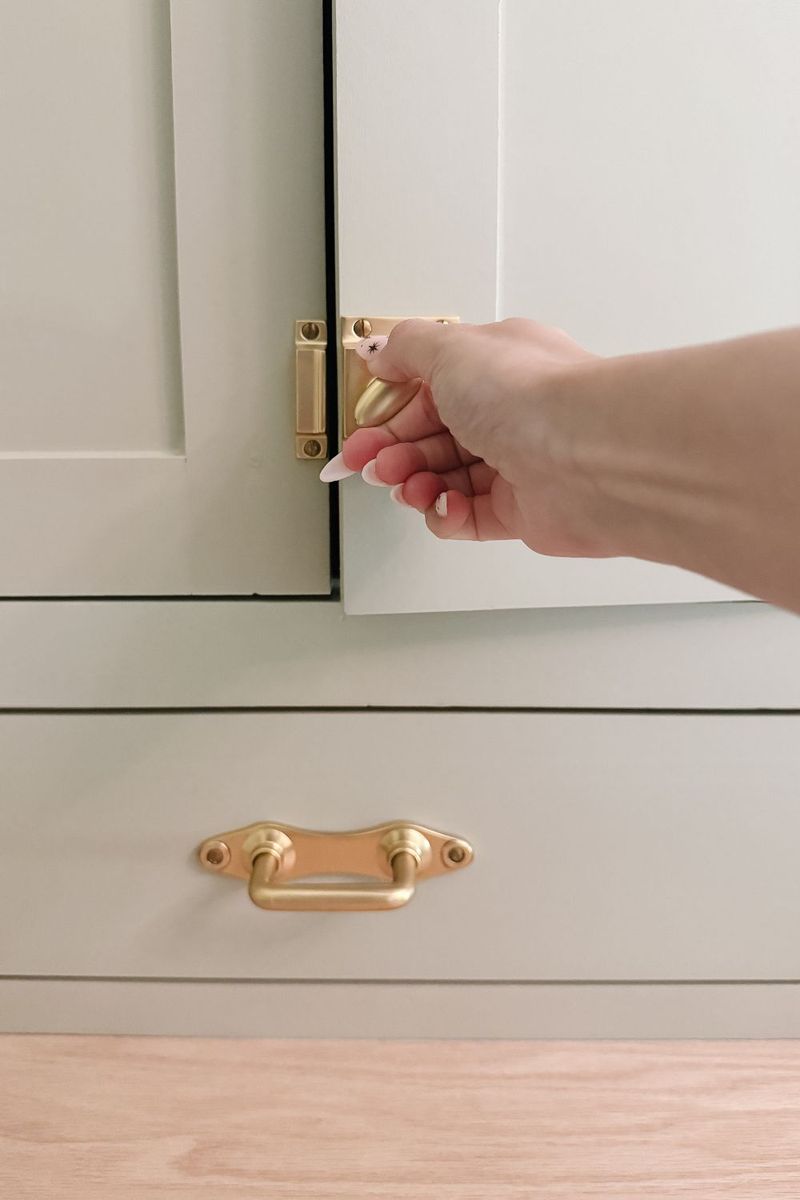
Those fancy drawer pulls and cabinet knobs come with shocking markups at home improvement stores. A basic knob that costs $5 there might be $1-2 elsewhere.
Online specialty hardware retailers offer vast selections at fraction of the price. Discount home goods stores also carry stylish options without the premium. For unique pieces, try antique shops or architectural salvage stores where you’ll find character-filled hardware with history.
9. Appliance Extended Warranties
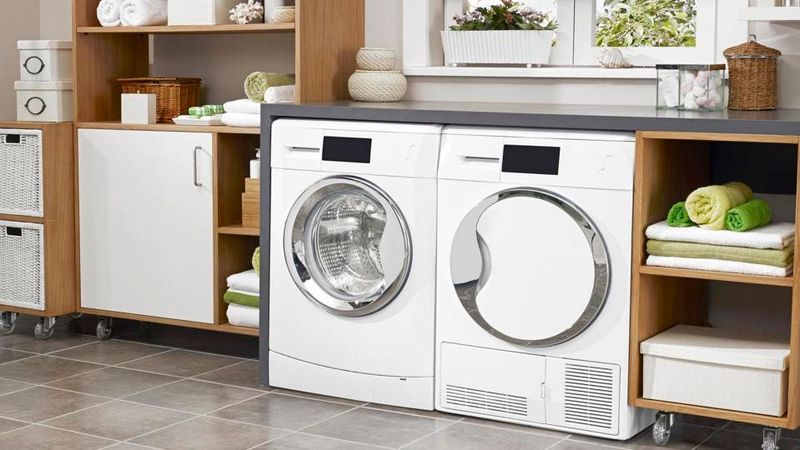
Hardware store extended warranty programs typically cost 10-30% of the appliance price while covering far less than you’d expect. Fine print often excludes common failure points or requires deductibles for service calls.
Consumer advocates consistently rate these warranties as poor values. Instead, use a credit card that extends manufacturer warranties automatically. Or simply save the warranty cost in a repair fund for future needs.
10. Air Filters
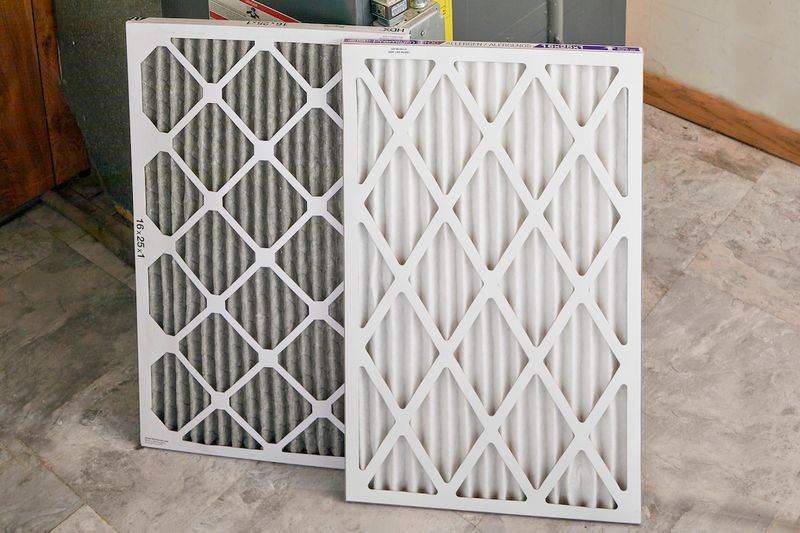
HVAC filters at hardware stores can cost twice what you’d pay through subscription services or bulk retailers. The markup is especially steep on specialty allergen-reducing filters.
Online filter subscription services deliver the exact sizes you need automatically, often at 30-50% savings. Warehouse clubs offer multi-packs at significant discounts. Remember to check the actual MERV rating rather than marketing claims about filtration.
11. Light Bulbs
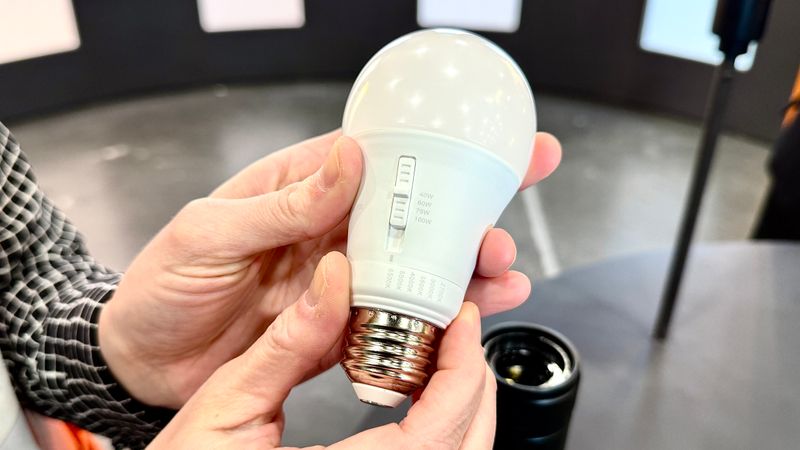
LED bulbs sold at hardware stores often carry a premium price tag compared to identical models elsewhere. You might pay $2-3 more per bulb without getting any quality advantage.
Warehouse clubs and online retailers offer better bulk pricing on name-brand LEDs. Electric utility companies frequently provide rebates or direct discounts through their own websites. Some even give away LED bulbs for free through energy-saving programs!
12. Batteries

Hardware stores position batteries as impulse buys near registers, charging premium prices for this convenience. A pack that costs $8-10 there might be half the price elsewhere.
Dollar stores, online retailers, and warehouse clubs offer substantially better battery values. For devices that need frequent battery changes, rechargeable options save even more money long-term. Stock up when you see sales rather than paying emergency prices.
13. Area Rugs

Home improvement stores offer limited rug selections at inflated prices. The quality rarely matches the cost, with many rugs showing wear patterns and fading within months.
Home goods stores, online retailers, and outlet stores provide better variety and value. Discount home retailers often carry similar styles at 30-50% less. For unique options, check overstock websites or wait for seasonal sales at dedicated rug retailers.
14. Picture Frames

The limited frame selection at hardware stores comes with surprising markups. Basic frames often cost double what you’d pay at craft stores or discount retailers.
Craft stores regularly offer 40-50% off frame sales and additional coupon savings. Dollar stores carry basic frames at fraction of hardware store prices. For custom sizes, online framing services provide better value than hardware store frame shops.
15. Specialty Paints

Chalkboard, magnetic, and other specialty paints cost significantly more at big box hardware stores than at art supply shops. The quality is often comparable or even inferior to dedicated craft brands.
Art supply stores and craft retailers offer better specialty paint options with staff who understand proper application techniques.
Online retailers specializing in decorative paints provide wider color selections and detailed usage instructions. Many even offer sample sizes to test before committing.
16. Potting Soil

Garden center potting soils at hardware stores frequently contain low-quality ingredients like heavy clay fillers that compact easily. Plants struggle to develop healthy root systems in these dense mixes.
Local nurseries offer premium soil blends formulated for regional growing conditions. Garden centers specializing in plants typically provide higher-quality options with better drainage and nutrient content. Bulk soil suppliers offer the best value for larger gardening projects.
17. Small Kitchen Appliances
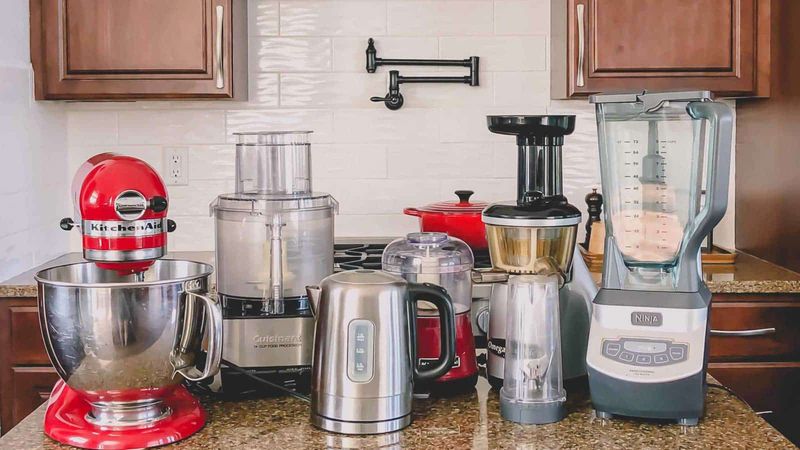
Coffee makers, toasters, and blenders found at hardware stores are rarely competitively priced. Selection is typically limited to a few basic models without the features found at dedicated kitchen retailers.
Department stores, kitchen specialty shops, and online retailers offer better prices on identical models. They also provide wider selections and more frequent sales.
For high-end brands, wait for seasonal promotions at kitchen specialty stores rather than paying full price at hardware chains.
18. Window Treatments

Ready-made curtains and blinds at hardware stores offer poor value compared to home décor retailers. Limited fabric choices, basic styles, and inflated prices make these a bad deal for shoppers.
Home goods stores and online window treatment specialists offer wider selections at better prices. Discount home retailers frequently sell identical styles for 30-40% less.
Even custom options from online retailers often cost less than premium ready-made versions at hardware stores.
19. Smart Home Devices

Hardware stores typically stock smart home products at full MSRP while electronics retailers regularly discount the same items. Selection is often limited to a few popular brands without the variety found elsewhere.
Electronics stores offer frequent sales and better technical support for these products. Online retailers provide wider compatibility information and bundle deals.
For the best value, watch for seasonal sales from dedicated electronics retailers rather than paying premium prices at hardware stores.
20. Decorative Items

Those cute signs, artificial plants, and seasonal decorations carry hefty markups at hardware stores. They’re banking on convenience purchases while you’re already shopping for project supplies.
Discount home goods stores offer nearly identical items at 40-60% less. Craft stores provide better quality and selection, especially during their frequent sales.
For unique pieces, thrift stores and flea markets offer one-of-a-kind finds at fraction of retail costs.

